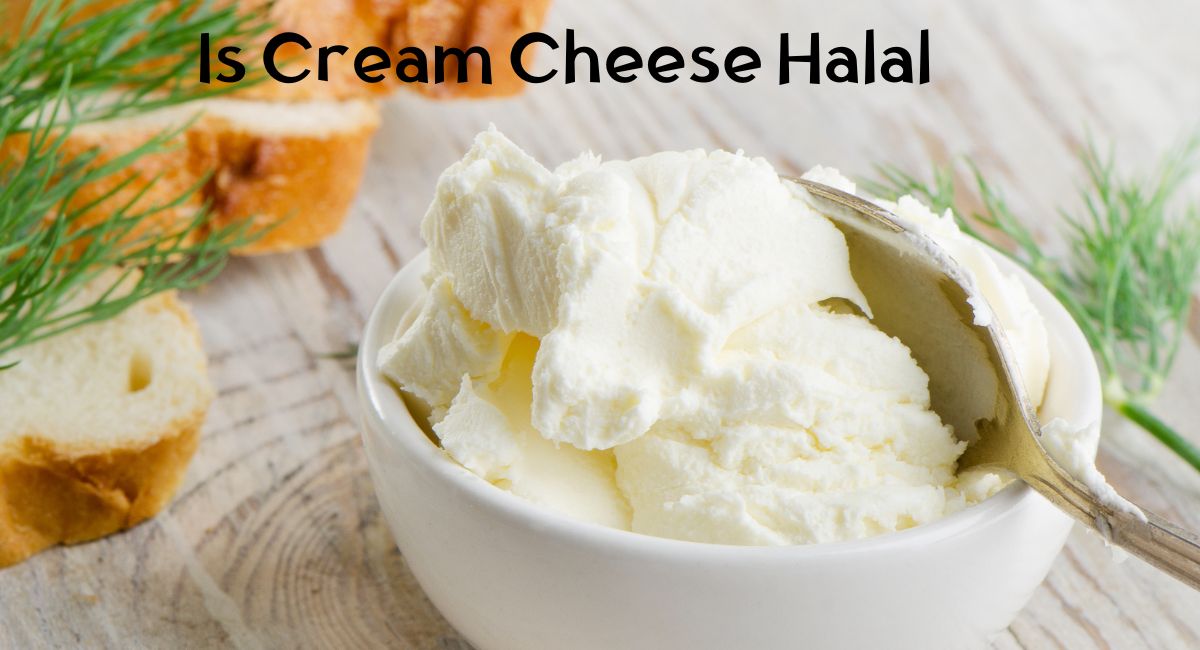Guar gum is a widely used food additive and thickening agent that has gained popularity in various culinary and industrial applications. For individuals adhering to a Halal diet, it’s essential to ensure that the ingredients they consume meet the requirements of Islamic dietary laws.
In this article, we will explore the Halal status of guar gum, examining its source, production methods, and whether it complies with the principles of Halal consumption.
Understanding the Halal status of guar gum is crucial for those seeking to make informed choices about the products they use in their daily lives while adhering to their religious beliefs.
What is Guar Gum
Guar Gum is a natural substance derived from guar beans, primarily found in countries like India and Pakistan. It belongs to the legume family and has gained prominence as a versatile thickening and stabilizing agent. The extraction process involves milling the guar beans into a fine powder, resulting in Guar Gum, a polysaccharide with remarkable thickening properties.
Widely recognized for its ability to enhance viscosity in various liquid-based products, Guar Gum has found applications in the food industry, pharmaceuticals, and even in the oil and gas sector. Its plant-based origin aligns with the growing preference for natural additives in many consumer products. Now, let’s delve into the specific qualities of Guar Gum that contribute to its standing in the context of halal considerations.
Guar Gum Ingredients and Production Process
The main ingredient of guar gum is galactomannan, a polysaccharide composed of galactose and mannose monomers. The ratio of galactose to mannose in guar gum is typically about 2:3. Guar gum also contains small amounts of protein, fat, ash, and moisture.
The production of guar gum involves several steps:
- Cleaning and dehusking: The guar beans are first cleaned to remove dirt and debris. They are then dehusked to remove the outer shell, which is not used in the production of guar gum.
- Hydration: The dehusked guar beans are hydrated with water to soften the endosperm, which is the part of the seed that contains the guar gum.
- Milling: The hydrated endosperm is then milled into a fine powder.
- Screening: The guar gum powder is screened to remove any impurities and to obtain the desired particle size.
- Drying: The guar gum powder is dried to remove any excess moisture.
- Packaging: The dried guar gum powder is packaged and stored in a cool, dry place.
Is Guar Gum Halal
Guar gum is considered halal as it is derived from the endosperm of guar beans, which are a plant source. In Islamic dietary laws, plant sources are generally regarded as halal, making guar gum suitable for consumption by Muslims. It can also be used in foods that are certified as halal or kosher.
However, there has been some confusion regarding the halal status of guar gum due to the use of alcohol in some processing methods. In certain production processes, guar gum powder, which is soluble in cold water, may be mixed with ethanol or isopropanol alcohol to aid in water dispersion. Despite this, the general consensus remains that guar gum is halal due to its plant-based origin.
Culinary Uses of Guar Gum
Guar gum is a versatile ingredient commonly used in various culinary applications, particularly for its thickening and binding properties:
- Baking: Guar gum is frequently used as an additive in baking to improve the texture and shelf life of baked goods. Its thickening power, which is eight times that of cornstarch, makes it an essential component in gluten-free baking. It’s important to use guar gum sparingly, as a little goes a long way.
- Food Manufacturing: In food manufacturing, guar gum serves as an additive that forms a gel, thickening and binding foods. Its high soluble fiber content and low-calorie profile, combined with being odorless, easily soluble in cold water, and free-flowing, make it a valuable ingredient.
- Fried Foods: Guar gum can reduce the amount of oil absorbed during frying, making it a healthier option for fried food preparation.
- Dairy Products: In products like yogurt, guar gum can enhance the texture, making it creamier.
- Cakes and Pastries: Guar gum is used to replace fat and increase firmness in cakes and other pastries. It can also be used as a gluten substitute in gluten-free baked goods, and is found in products like ice cream, pudding, and gravy.
- Bread and Pizza Dough: For bread and pizza dough recipes, especially gluten-free varieties, adding about 1 teaspoon of guar gum per cup of gluten-free flour is recommended.
- Other Baked Goods: For cakes, muffins, and quick bread recipes, a general guideline is to add 1/2 teaspoon of guar gum per cup of gluten-free flour used.
These uses highlight the functional and health benefits of guar gum in culinary applications, making it a valuable ingredient in both household cooking and industrial food production.






